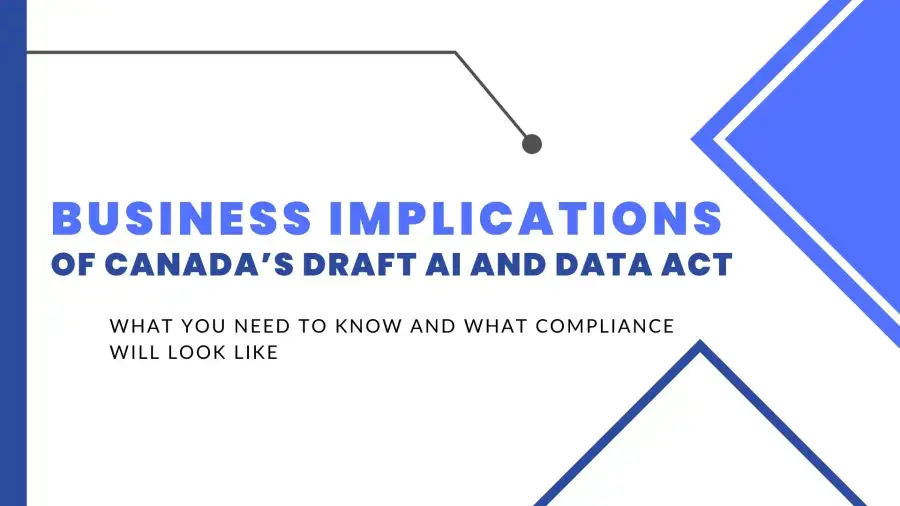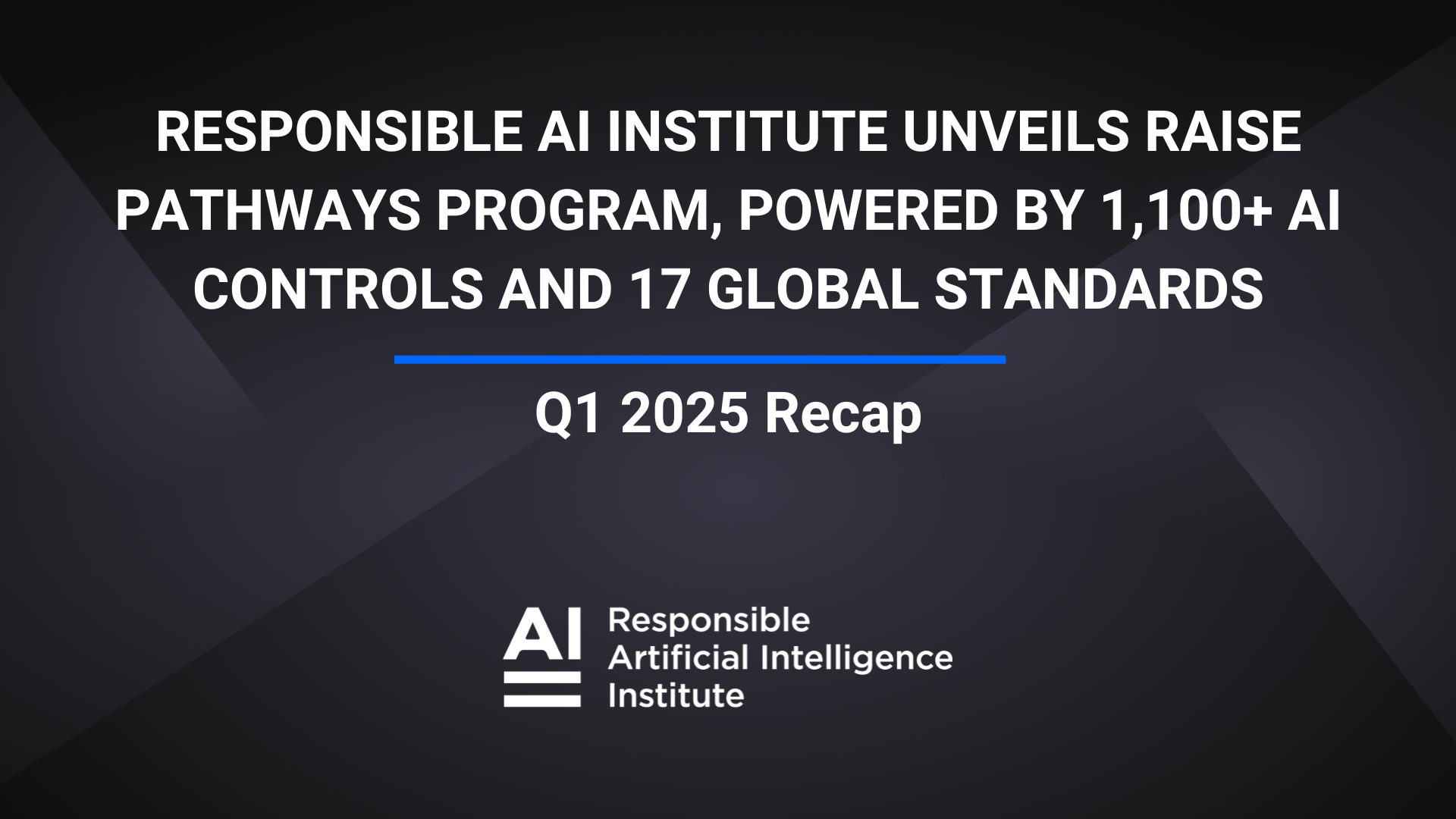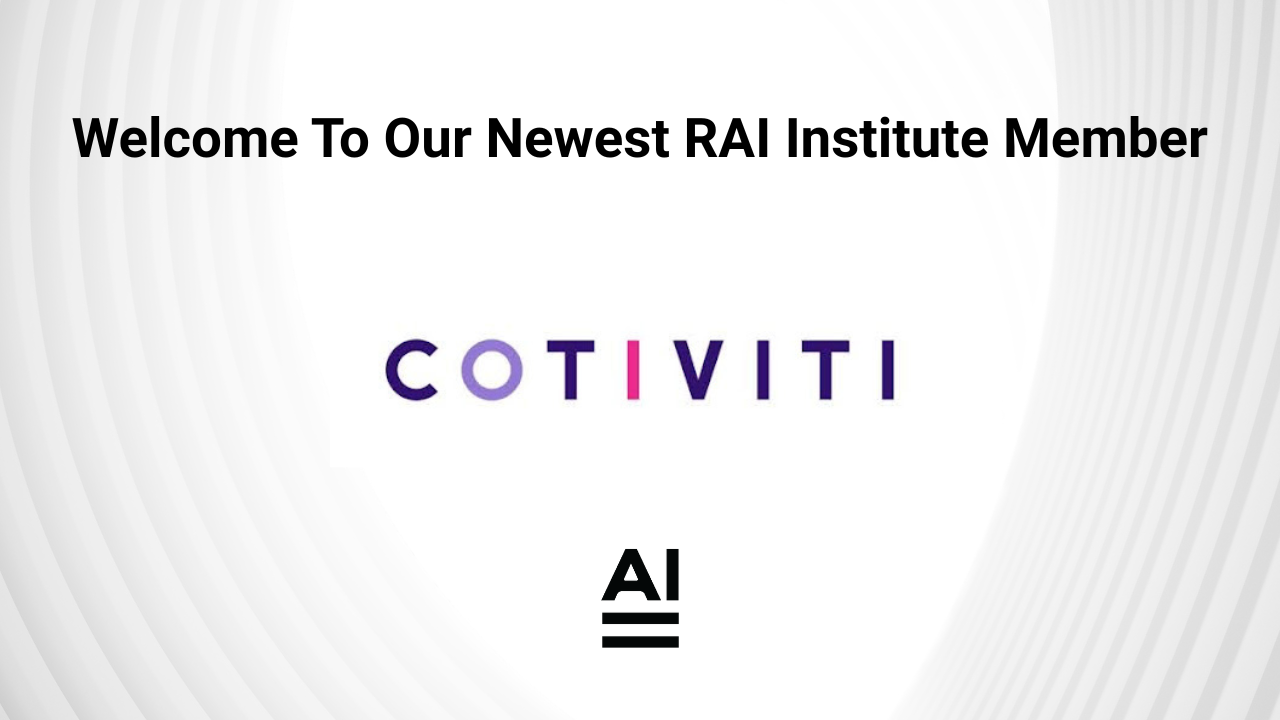On June 16, the Government of Canada introduced the Artificial Intelligence and Data Act (AIDA), as part of the broader Digital Charter Implementation Act 2022 (Bill C-27). Shortly thereafter, it also launched the second phase of the Pan-Canadian Artificial Intelligence Strategy.
Both RAI Institute’s Certification Program, which is currently under review by the Standards Council of Canada, and the proposed AIDA legislation adopt the same approach of gauging an AI system’s risk level in context; identifying, assessing, and mitigating risks both pre-deployment and on an ongoing basis; and pursuing objectives such as safety, fairness, consumer protection, and plain-language notification and explanation.
Businesses should monitor the progress of Bill C-27 and align their AI governance processes, policies, and controls to its requirements. Businesses participating in RAII’s Certification Program will already be aware of requirements, such as internal Algorithmic Impact Assessments to gauge risk level and Responsible AI Management Plans for each AI system, which include system documentation, mitigation measures, monitoring requirements, and internal approvals.
“The introduction of Bill C-27 is a significant milestone and a recognition of the impact that data and AI will have on society,” said Ashley Casovan, Executive Director of the Responsible AI Institute (RAII). “Laws and policies that protect people are essential to promote the development of fair and safe technology that advances humanity.”
The AIDA draft is focused on the impact of any “high-impact system”. Companies would need to assess whether their AI systems are high-impact; identify, assess, and mitigate potential harms and biases flowing from high-impact systems; and “publish on a publicly available website a plain-language description of the system” if making a high-impact system available for use. The government elaborated in a press briefing that it will describe in future regulations the classes of AI systems that may have high impact.
The AIDA draft also outlines clear criminal penalties for entities which, in their AI efforts, possess or use unlawfully obtained personal information or knowingly make available for use an AI system that causes serious harm or defrauds the public and causes substantial economic loss to an individual.
If enacted, AIDA would establish the Office of the AI and Data Commissioner, to support Canada’s Minister of Innovation, Science and Economic Development, with powers to monitor company compliance with the AIDA, to order independent audits of companies’ AI activities, and to register compliance orders with courts. The Commissioner would also help the Minister ensure that standards for AI systems are aligned with international standards.
Per François-Philippe Champagne, Canada’s Minister of Innovation, Science and Industry, the AIDA introduces “a new regulatory framework for the responsible development of artificial intelligence systems.”
Apart from being aligned with the approach and requirements of Canada’s proposed AIDA legislation, RAII is also playing a key role in the Standards Council of Canada’s AI accreditation pilot. The second phase of the Pan-Canadian includes funding for the Standards Council of Canada to “advance the development and adoption of standards and a conformity assessment program related to AI”.
The AIDA’s introduction shows that while Canada is serious about governing AI systems, its approach to AI governance is flexible and designed to evolve as the landscape changes.




